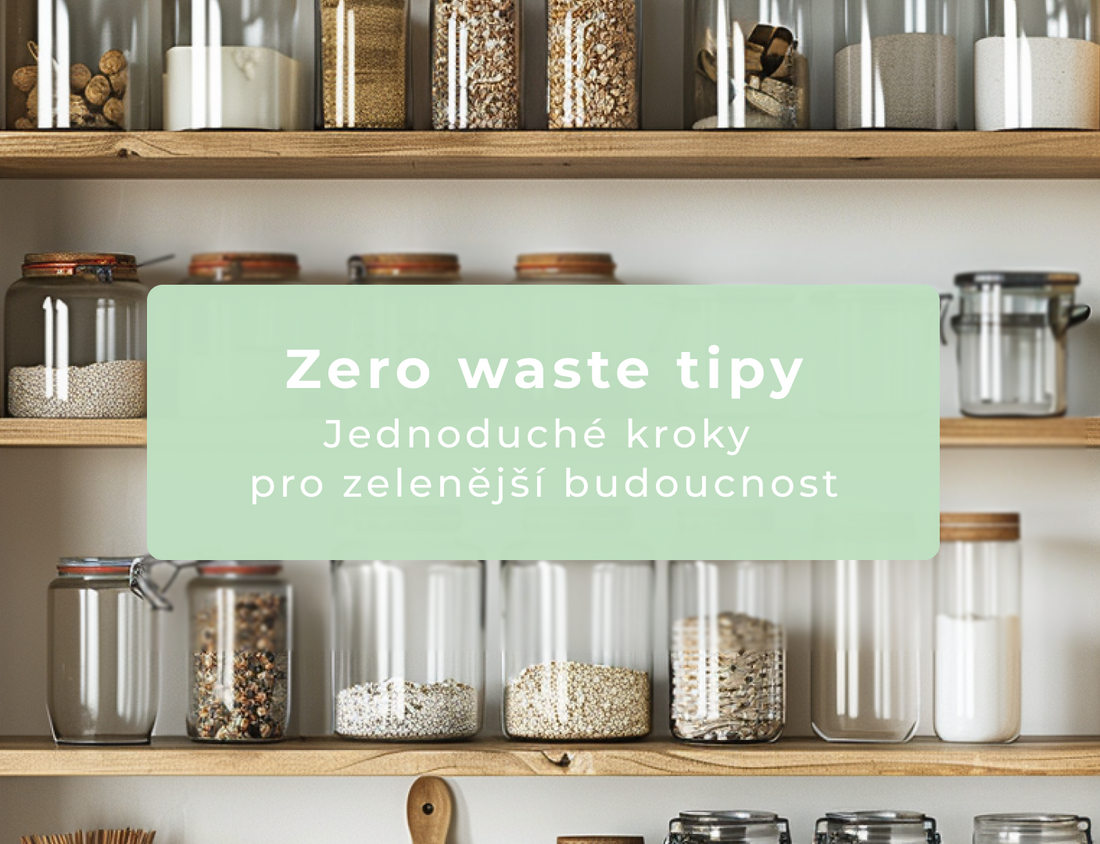What is zero waste?
Zero waste is a philosophy and approach aimed at eliminating or minimizing the amount of waste produced by individuals, businesses, and our society as a whole. The ultimate goal of zero waste is to create a circular economy where resources are used efficiently, waste is minimized, and materials are continuously reused or recycled. Although achieving absolute zero waste can be challenging, adopting the key zero waste principles can significantly reduce environmental impact, conserve resources, and promote a more sustainable future.
The main principles of zero waste include:
- Reuse = reuse: Instead of throwing away single-use items, the zero waste approach encourages their reuse. This can also include repairing, donating, or selling used goods and engaging in sharing or swapping programs.
- Recycle = recycling: Recycling is an important part of zero waste living. It involves transforming waste materials into new products, which prevents them from ending up in landfills. However, it is important to note that recycling should be considered a last resort after you have tried to minimize and reuse the waste produced in any way possible. Recycling still requires some use of energy and resources.
- Compost = composting: Composting organic waste, such as food scraps, is another integral part of the zero waste approach. This process allows for the creation of nutrient-rich compost that can be effectively used in gardening and agriculture.
- Redesign = redesign: Zero waste also encourages the redesign of products and packaging to make them more sustainable and environmentally friendly. This includes using materials that are easily recyclable or compostable, reducing packaging waste, and creating products that have a long lifespan and are easy to repair.
How to start with zero waste
If you want to transition to a zero waste lifestyle, you will first need to familiarize yourself with the basic principles and practices. It is important to understand the impact of the waste produced on the environment and focus on all strategies for reducing, reusing, and recycling it.
Take a closer look at your current lifestyle. What kind of waste do you produce the most? How can you improve it? The answers to these questions should help you set realistic and achievable goals for your zero waste journey. It's definitely a good idea to start with small changes and gradually incorporate more sustainable habits into your daily life.
Next, you can plan a big clean-up in your home, where you will get rid of things you no longer need or use and can donate them to someone.
Another great tip from us on how to start with zero waste is to plan your meals in advance. Try creating a shopping list based on the meals planned for the upcoming days. This way, you can avoid buying excessive amounts of perishable goods and thus unnecessary food waste. When shopping, try to choose products that are not packaged in plastics, or you can look for stores that offer bulk options.
Share your zero waste journey with others. Educate and inspire those around you to adopt more sustainable practices. You can also gradually build a network of friends, family, or neighbors with whom you can share items like various tools, kitchen appliances, or books. This reduces the need for individual ownership and fosters a sense of community.
Remember that transitioning to a zero waste lifestyle is a process that takes time and effort. Start with small changes and celebrate every little progress you make on your journey.
Practical zero waste tips that you can easily incorporate into your daily life
Tips for a zero waste home
Tips for zero waste shopping
More useful tips for living a zero waste lifestyle
By adopting these practices and raising awareness about the importance of reducing waste, we can all actively work towards a more sustainable future for generations to come.



